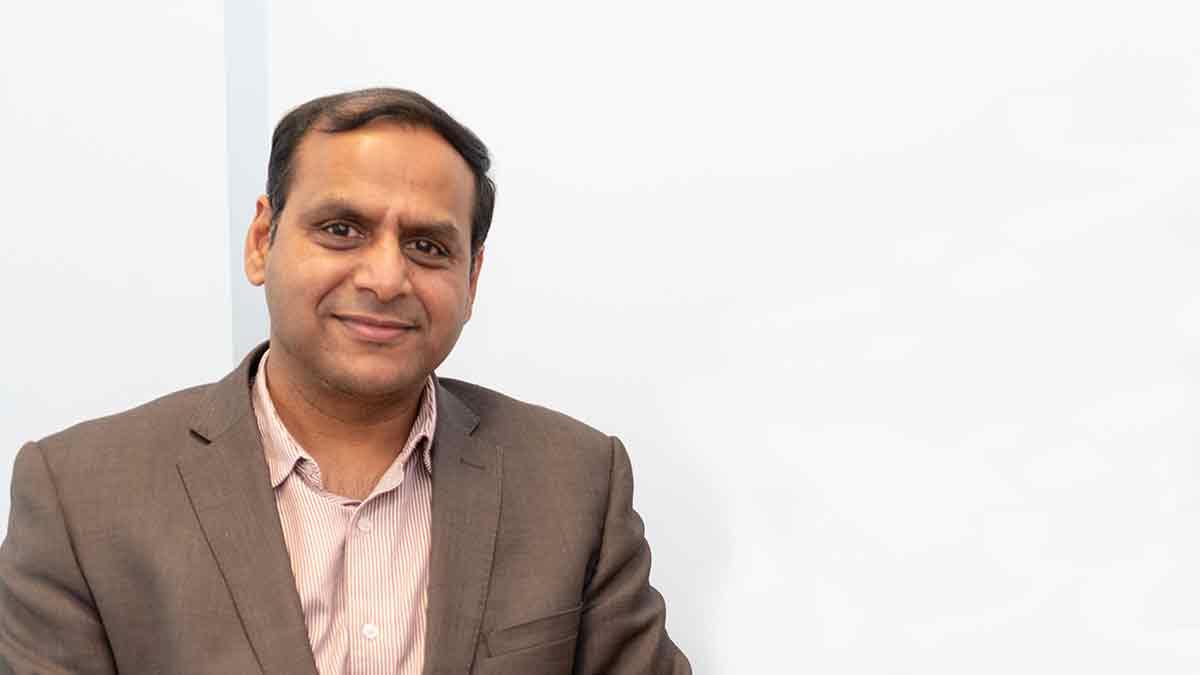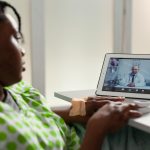Saved by an off-duty doctor

Dr. Vishwaraj Vemala, a Consultant Hepatologist at University Hospitals Birmingham NHS Foundation Trust, performed a miraculous double life-saving act on a passenger during a ten-hour flight.
While flying from the UK to India to accompany his mother back to their hometown of Bangalore, Dr. Vemala was called upon when a passenger aboard flight AI128 went into cardiac arrest. The 43-year-old man, who had no previous medical history, had collapsed in the aisle and was unresponsive.
Responding to the cabin crew’s urgent request for medical assistance, Dr. Vemala found the passenger without a pulse and not breathing. He immediately began resuscitation efforts.
“It took about an hour of resuscitation before I was able to get him back,” Dr. Vemala recounted. During this critical period, he asked the cabin crew if they had any medication, and to his surprise, they provided an emergency kit that included resuscitative medication.
“Aside from oxygen and an automated external defibrillator, there was no other equipment on board to monitor his condition,” he added. After a call to the other passengers, Dr. Vemala managed to acquire a heart-rate monitor, blood pressure machine, pulse oximeter, and glucose meter to track the patient’s vital signs.
However, the passenger suffered a second cardiac arrest while Dr. Vemala was monitoring him. This time, it took even longer to revive him.
“In total, he was without a good pulse or decent blood pressure for nearly two hours of the flight,” Dr. Vemala explained. “Alongside the cabin crew, we worked to keep him alive for five hours in total. It was extremely scary for us all, especially the other passengers, and it was quite emotional.”
With the patient’s survival at stake, Dr. Vemala and the pilot attempted to secure an emergency landing at the nearest airfield in Pakistan, but their requests were denied. Instead, they arranged to land at Mumbai Airport, where emergency crews were waiting.
“It was extremely emotional for us all when we heard we could land in Mumbai,” Dr. Vemala recalled. “By the time we landed, the passenger had been resuscitated and was able to speak with me. Nevertheless, I insisted he go to a hospital for further evaluation.”
As a hepatologist, Dr. Vemala typically cares for very ill patients, including those who have had liver transplants, but he had never handled a cardiac arrest in his professional capacity—let alone at 40,000 feet.
“It was also the first time in my seven years as a consultant that my mum had seen me ‘in action,’ so that made it even more emotional—she was crying a lot,” he said.
Upon landing, Dr. Vemala left the patient in a stable condition with the emergency team at Mumbai Airport, providing detailed notes and teaching the cabin crew how to continue monitoring.
“The patient thanked me with tears in his eyes. He said, ‘I am forever indebted to you for saving my life.’ This was indeed a moment that I will remember for the rest of my life,” Dr. Vemala concluded.











